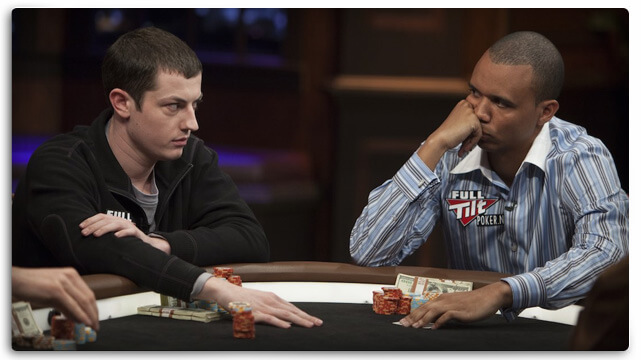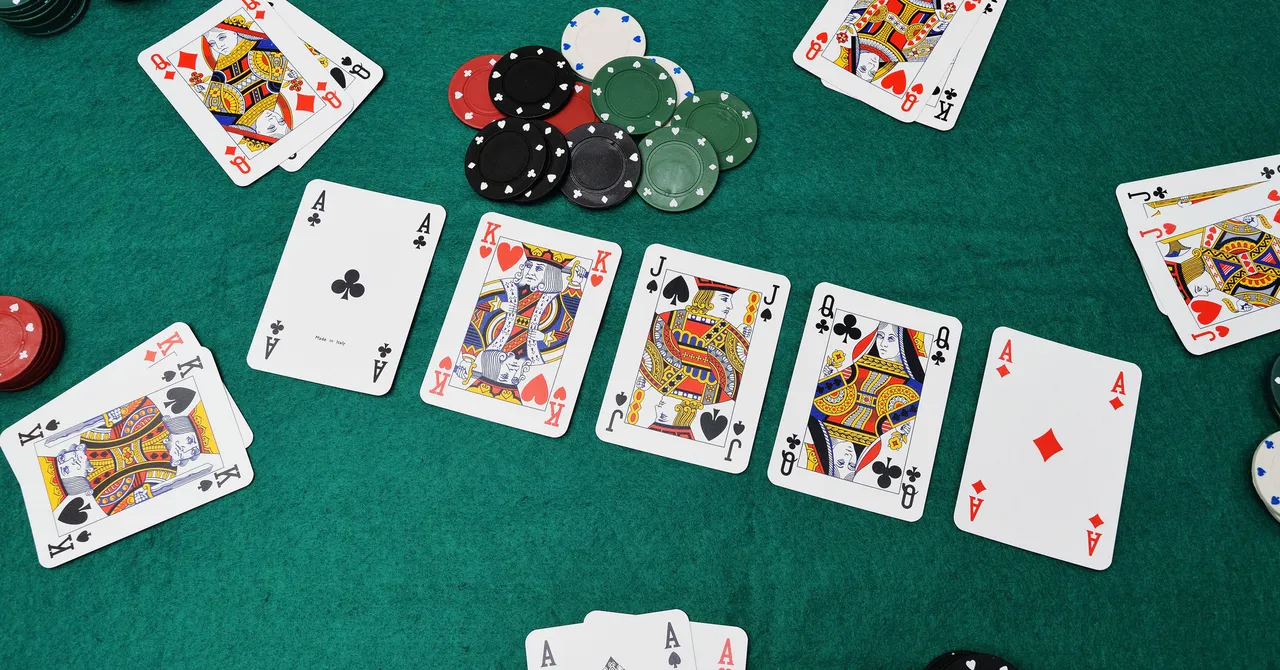For my critical play, I played Poker (No Limit Texas Hold’em) in person. Poker is geared towards adults, as games generally play better when players are playing with real money (and thus gambling).
Poker puts players at risk of addiction through a few main mechanics and dynamics.
For example, the multilateral competition and social aspect of the game, especially in person, helps breed competitiveness and encourage players to return, whether it’s for revenge against a player who won against them before or to attempt to continue winning money from a weaker player.
The incomplete information provided to players also often leads to a lot of tension, once again creating a sense of fun through the challenge of determining what decision to make. While players are generally aware of the stakes and general strength of each hand (for example, an AAK flop on a hand where players previously showed lots of aggression preflop), the lack of information on what other players have leads to a tense, social-deduction style dynamic. This tension is amplified as each hand progresses, as players are given the opportunity to show aggression through betting, leading to a sense of fun through fantasy/fellowship — there’s a social aspect to showing aggression/dominance that players often enjoy. This is furthered by the fact that lots of popular media put a focus on “tells”/psychological analysis — this leads to an element of deductive fun as players try to read their opponent’s mind, even if they’re highly inaccurate.

Another way that poker breeds addiction is through its perception as a skill-based game. Poker is still heavily luck-based, but it stands special as a “beatable” form of gambling. As a result, players often overestimate the role their skill plays in wins while underestimating the role it plays in losses. For example, one player lost a large hand having the low end of a straight (the board was 9TJQ and he had an 8 while his opponent had a king) and chalked it up to being unlucky, while a higher-skilled player might not have played that hand in the first place, or avoided playing a large pot with it. These large up and down swings also contribute to poker’s addictiveness — players tend to remember the large dopamine hit of a big win, while immediately buying back in and forgetting about their large losses. Overall, this leads to players chasing the next big pot they can win, even if they end up losing large sums of money overall.
Overall, while I find poker really fun in a social setting, I tend to approach it from the perspective of paying for entertainment. I haven’t tallied up the numbers myself, but I’d estimate I’m around a slightly losing to a breakeven player, and I make sure that I get up and leave if I end up losing my maximum for the night. Without regular reflection and setting healthy boundaries, I can see how poker could quickly become a runaway addiction for many people, including myself.




